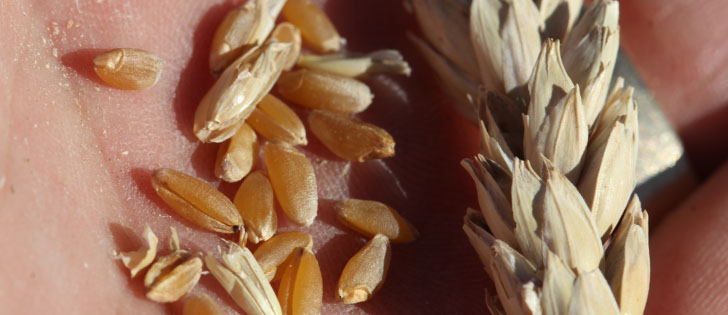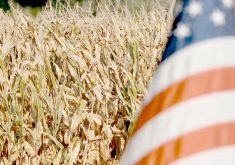Canada’s World Trade Organization challenge of South Korea’s ban on Canadian beef imports is drawing a crowd.
Eight countries have indicated their intention to intervene when the case is being argued in Geneva, Switzerland. Some are expected to support Canada’s position and others are likely to side with Korea.
The World Trade Organization announced Aug. 31 it is creating a dispute settlement panel to hear Canada’s arguments about why South Korea’s continuing ban of Canadian beef imports because of BSE violates WTO rules.
Read Also

Farming Smarter receives financial boost from Alberta government for potato research
Farming Smarter near Lethbridge got a boost to its research equipment, thanks to the Alberta government’s increase in funding for research associations.
The Canadian government expects a panel ruling by May 2010, although Korea may challenge the ruling if it loses or drag out its implementation.
“It is normal to have third party countries take an interest in these cases,” trade minister Stockwell Day said Sept. 25 during a telephone news conference from India, where he was finishing a three-country trade mission. “It may be helpful to us.”
John Masswohl of the Canadian Cattlemen’s Association said Sept. 25 the eight potential interveners are the United States and the European Union, Argentina, Brazil, China, India, Taiwan and Japan.
“It is reasonable to conclude U.S. and EU would be on our side,” he said in an e-mail from a meeting in North Dakota.
“Argentina, Brazil, China and India all have sizable cattle herds so I think it is understandable that they may see they have an interest in the case.”
The position of Japan and Taiwan is uncertain. Both have partially opened their borders to Canadian cattle but retain some restrictions.
Masswohl said Canada is “in active discussions with both to expand access” so their intervention will be interesting.
He said he did not expect the additional WTO member interest to drag out the process.
Day said intervention by other countries should not change the basic issue before the WTO dispute settlement panel.
“At the WTO, we have tried to make the point that it is clear the Korean restrictions on access are not based on science, they are not based on health,” he said. “They do not conform to WTO rules.”
















